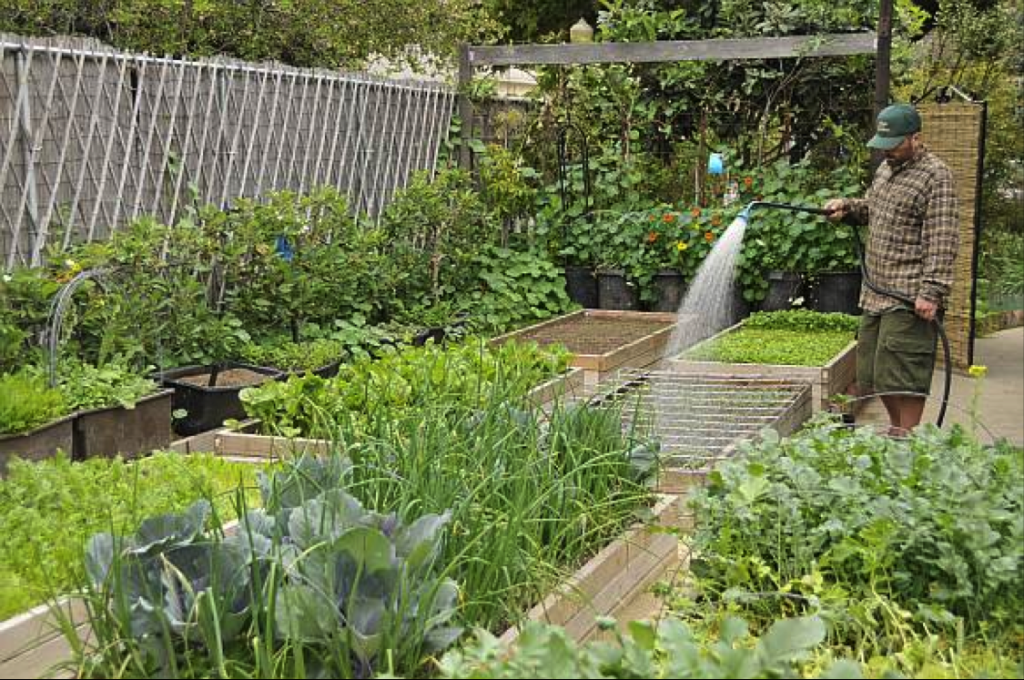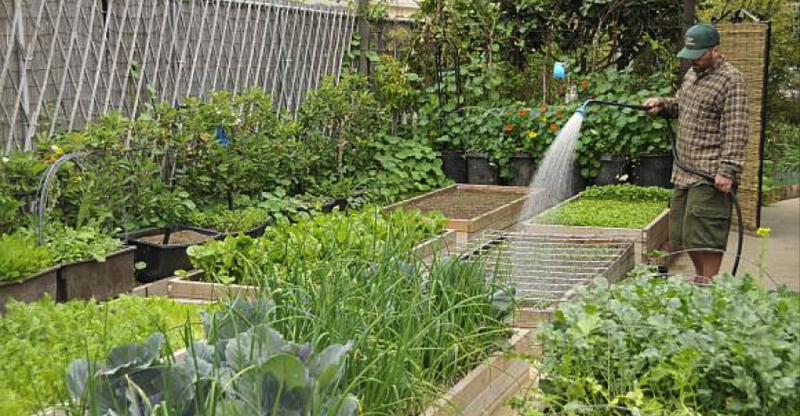An Introduction to Homesteading – The Basics

The idea of homesteading is becoming increasingly popular as more people are looking for ways to reduce their reliance on store-bought goods and become more self-sufficient. Whether you’re interested in growing your own food, creating sustainable energy sources, or simply reducing waste, homesteading can be an incredibly rewarding experience. Let’s take a look at the basics of homesteading and how it can benefit you and your family.
What is Homesteading?
At its core, Homesteading is about self-sufficiency and using natural resources to live an independent lifestyle. Homesteaders aim to produce their own food, create renewable energy sources, build shelter from natural materials, and rely less on the consumer culture of mainstream society. It’s about living off the land in a sustainable way that preserves the environment for future generations.
Benefits of Homesteading
The primary benefit of homesteading is that it allows you to be more self-sufficient and reduce your reliance on store-bought goods. This means that you can save money by growing your own food or raising animals instead of buying them from the grocery store. Additionally, if you are able to produce renewable energy sources such as solar power or wind turbines, you can save money on electricity bills over time. You also have the satisfaction of knowing that you are living in an environmentally conscious way by reducing your carbon footprint and minimizing waste.
Homesteading Skills
There are a variety of skills involved in successful homesteading, including gardening, animal husbandry, renewable energy production, carpentry, blacksmithing, soap making, fermentation processes (such as making beer or wine), preserving food through canning or dehydrating methods, and building shelters with natural materials such as wood or stone. Start small – focus on one skill at a time until you feel comfortable enough to expand your knowledge base into other areas.
Conclusion:
Homesteading is a great way to reduce your reliance on store-bought goods while still enjoying many modern comforts like electricity and running water. With careful planning and dedication to learning new skills related to sustainable living such as gardening or animal husbandry, it’s entirely possible for anyone with access to land to reap the rewards of this independent lifestyle choice. If this sounds like something that interests you then why not give it a try? Who knows–you might just find yourself loving life as a modern day homesteader!



